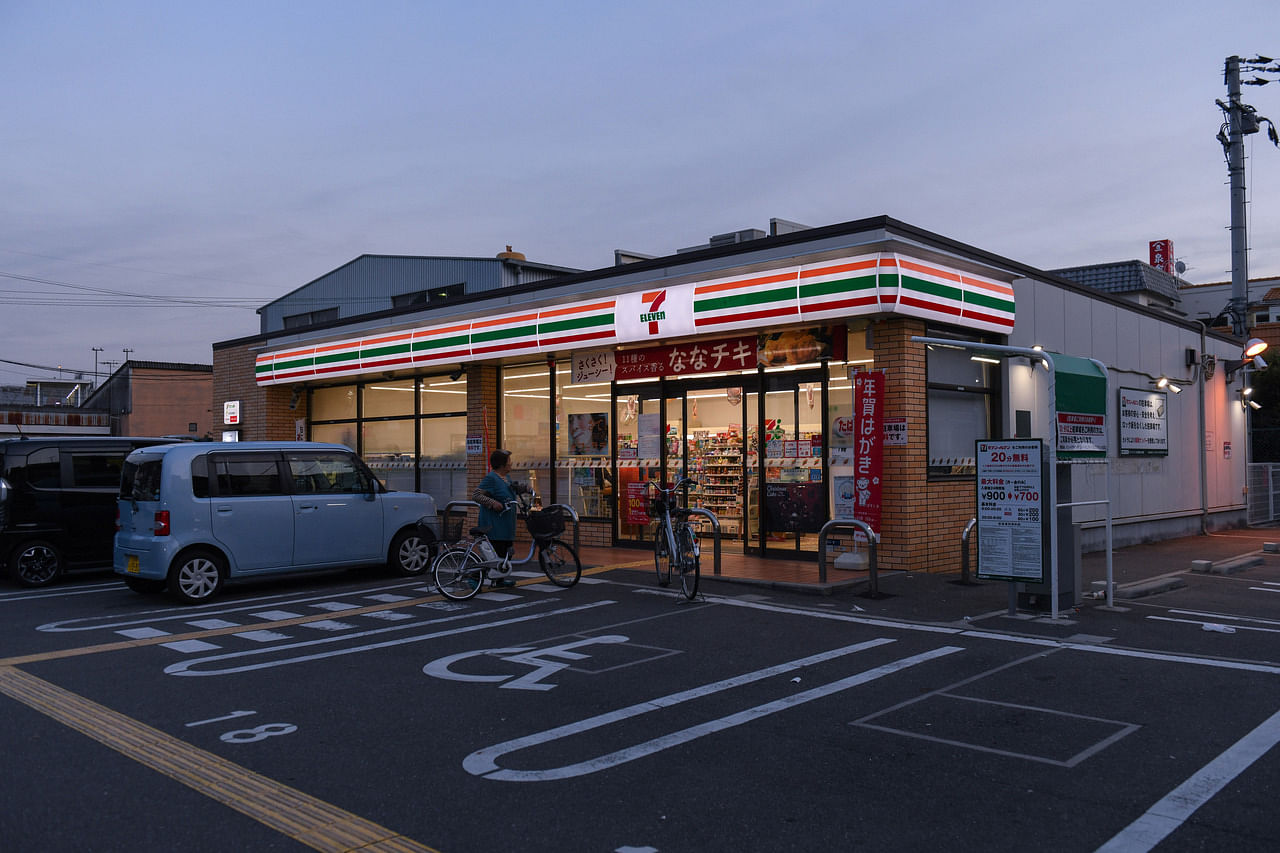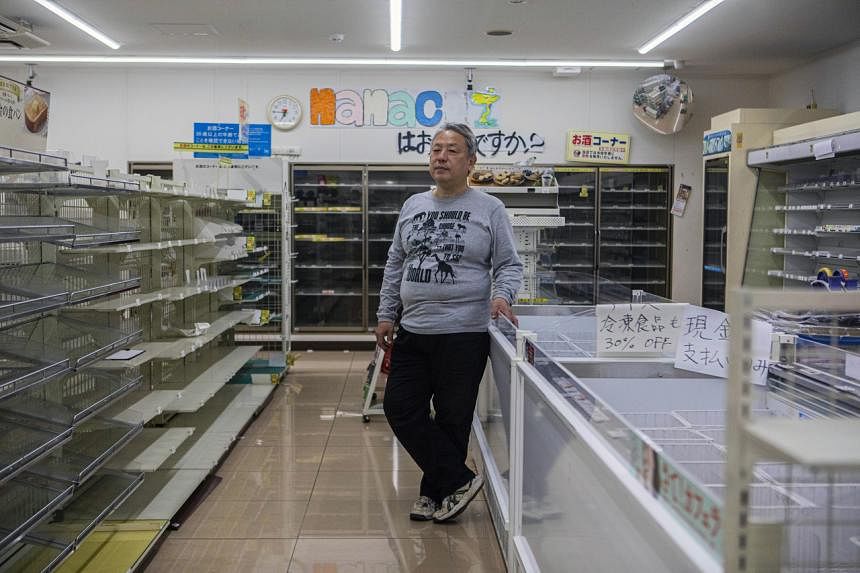OSAKA (NYTIMES) - Mitoshi Matsumoto, the man who has waged a David-and-Goliath campaign against the Japanese convenience store giant 7-Eleven, stood in front of a roomful of the company's franchisees on Thursday (June 23), bowed deeply and apologised.
Mr Matsumoto has spent the past 2 1⁄2 years fighting in court for control of a 7-Eleven store that the company forced out of business after he refused to operate it 24 hours a day, seven days a week.
His struggle has become a rallying point for thousands of convenience store owners across the country who have bristled against the company's rigid control of their franchises, hoping that a victory would help them win a measure of independence.
But on Thursday afternoon, a judge ordered Mr Matsumoto to immediately hand his store in the Osaka suburbs, which he opened in 2012, over to the company and pay around 114 million yen (S$1.17 million) in estimated damages for lost business.
After the ruling, Mr Matsumoto said that he was sorry to have let his supporters down but that he intended to fight on and appeal the ruling.
"It would have been better if we got a good result, but the push to shorten hours is going to keep moving forward," he said.
In a statement, a 7-Eleven spokesperson said that the ruling was "appropriate", adding that the company would "work even harder for the patronage of customers in the region".
The case's final outcome is likely to have profound implications for the relationships between Japan's convenience store companies and the more than 50,000 outlets they control. 7-Eleven's locations account for more than 40 per cent of those stores, and for decades the company has been seen as the industry standard.
Mr Matsumoto's problems began in early 2019, when he decided he would shorten his store's hours, closing five hours every night in defiance of company policy. He was exhausted, labour had become increasingly unaffordable and he had decided that the revenue from staying open into the wee hours did not justify the costs.
It was a seemingly small act of rebellion. But standing up to one of the most powerful and ubiquitous corporations in Japan made him a celebrity and exposed the inner workings of an industry that had long been celebrated as a model of efficiency.
His decision set off a years-long - and sometimes surprisingly petty - battle of attrition with the company. In its efforts to rid itself of Mr Matsumoto, 7-Eleven hired private investigators to keep tabs on his business. It ultimately revoked his franchise, a decision it said it made after numerous customer complaints and disparaging remarks posted by Mr Matsumoto on social media.
After he sued to keep his store, the company built another, smaller one in the store's parking lot and threatened to charge him for the construction costs.

In 2020, Japan's Fair Trade Commission issued a blistering report on the convenience store industry's business practices. It warned companies not to abuse their power over franchisees and suggested that they may have run afoul of the country's anti-monopoly laws.
In addition to the demands that stores always stay open, the commission cited other fundamental problems with the industry's business model, including misleading recruiting practices and forcing store owners to stock more merchandise than they could sell. The commission ordered the chains to develop a plan for improving their treatment of store owners.
Earlier in 2020, the Covid-19 pandemic and resulting state of emergency had prompted the company that controls the 7-Eleven chain, Seven & I Holdings, to permit some convenience store franchisees to shut temporarily or to limit their hours.
But it has continued to put obstacles in the path of those who wish to keep shorter hours, according to Mr Reiji Kamakura, the leader of the Convenience Store Union, a small group of owners that has struggled to grow in the face of strong opposition from the industry.
"The head office has not changed its position that it wants owners to end shorter hours," he said.
Other problems have persisted as well.
In March, a franchisee in Kagoshima Prefecture filed a complaint against 7-Eleven with the Fair Trade Commission over claims that the company's representatives had overstocked his store without his knowledge, causing him to lose money on unsold merchandise. Part of the company's profits come from selling its branded products to franchisees. That case is still pending.
Efforts by franchisees to wrest a greater measure of control from 7-Eleven suffered a setback this month when a judge ruled against a group of owners who had demanded the right to exercise collective bargaining against the company.
Mr Matsumoto, by his own admission, has not been a perfect representative for the owners' cause.
Private investigators had collected evidence against him that was used in court, including grainy video footage that the company said showed him head-butting a customer and sending a flying kick into a car's side panel. His lawyers argued the images were inconclusive.
Either way, the complaints against Mr Matsumoto were irrelevant to the central issue of 7-Eleven's relationships with its franchisees, said Mr Shinro Okawa, a member of Matsumoto's legal team.
"Owners are gathered here because 24/7 operation is a problem," Mr Okawa said.
Mr Matsumoto said he was looking forward to the fight ahead.
But, he joked, "If I lose again, I'm giving up and moving to America."

